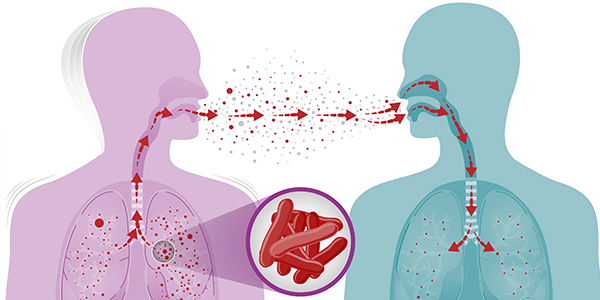Today, on World Tuberculosis Day, Tuberculosis (TB) remains a significant global health concern, with millions of new cases reported each year. Caused by the bacterium Mycobacterium tuberculosis, TB primarily affects the lungs but can also target other organs.
Are you aware? TB tends to spread from person to person via aerosols. When people with Pulmonary TB cough, sneeze, or spit, the TB germs are released into the air and can remain active for several days. If another person inhales these germs, then he/she too gets infected.
Remember that TB is contagious. Once these germs enter your body, they can cause an active infection or can remain in your body for several years, called Latent Infection and become active later in your life when your immunity goes down.
Also, tuberculosis is curable and preventable. Timely treatment can improve the quality of life of the patients. Recognising the signs and symptoms of TB is crucial for its early detection and treatment.
Here are five warning signs that may indicate a potential tuberculosis infection:
Persistent Cough: One of the most common symptoms of tuberculosis is a cough that lasts for more than two to three weeks. This cough may produce phlegm or blood (hemoptysis). Initially, the cough might be mild and sporadic but can become more severe over time.
Coughing Up Blood: Hemoptysis, or coughing up blood, is a concerning symptom of advanced tuberculosis. Blood in the sputum may indicate lung damage or the presence of cavities in the lungs where the TB bacteria reside.
Night Sweats: Profuse sweating during sleep, particularly at night, is a common symptom of tuberculosis. Night sweats are often severe and can drench the bedclothes, leading to discomfort and disruption of sleep.
Fever and Chills: People with tuberculosis often experience fever, particularly in the evening, along with night sweats and chills. These symptoms can be intermittent and may worsen as the disease progresses.
Chest Pain: Chest pain can occur due to tuberculosis-related complications such as inflammation of the lung lining (pleurisy) or the formation of cavities in the lungs. The pain may worsen with coughing or deep breathing and can vary in intensity.
ALSO READ THESE TOP STORIES FROM NIGERIAN TRIBUNE
